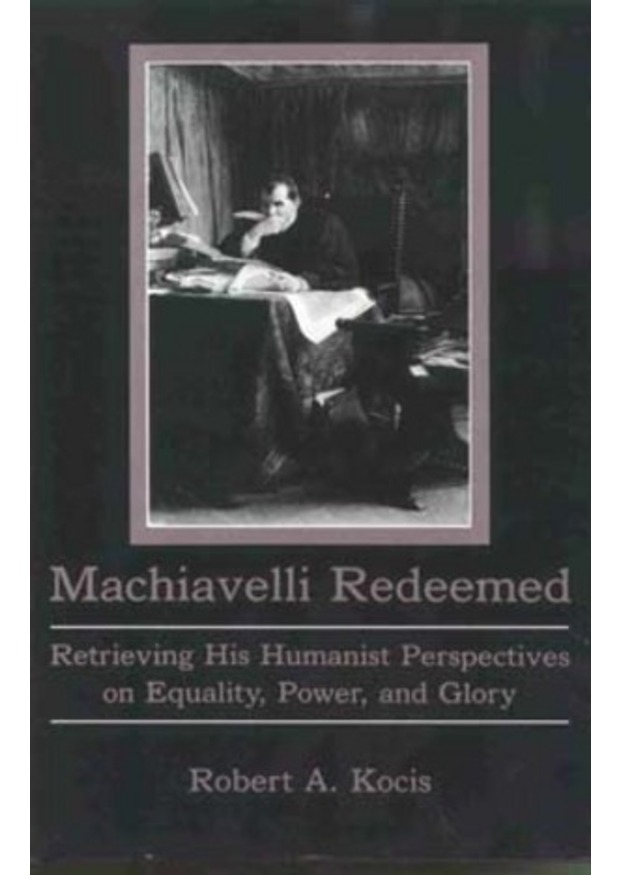Retrieving His Humanist Perspectives on Equality, Power, and Glory
The true Machiavelli is not to be found in extremist interpretations. The fault for these misperceptions is partly his own: he spoke in provocative paradoxes to challenge sacred truths, and this makes it easy for observers to ignore the obvious. In this portrait, the obvious dominates our vision, and he emerges as a Renaissance humanist. Machiavelli defies the stereotypes of political philosophers. He was an intense man of action, bold and daring; he loved to provoke and offend people. By contrast, the stereotype is of a dull, boring, staid, and proper man - of interest only to intellectuals and academics. Not surprisingly, he evokes extreme reactions from readers and analysts. He is variously portrayed as either a saint of a peculiar kind or quintessentially evil; and few are pleased to be described as Machiavellian. Like all of us, Machiavelli was a flawed being with strains of greatness mixed with baser ingredients. But his political insights and recognition of the emergence of a new reality qualify him as a political genius. Neither devil nor saint, Machiavelli has languished too long in the Purgatory of the human imagination and deserves redemption.
He was more than just a reflection—or even causeof the emerging ethos of the Renaissance. He was also a man whose life experiences included several incoherent and threatening events: first, service to the Florentine Republic; then, loss of office when the Medici family restored their oligarchy. This was followed by arrest on suspicion of complicity in an assassination plot against the Medici, coupled with torture and imprisonment. Finally, he achieved a return to a sort of respectability and public service under the Medici. To his credit, these obstacles never shook his commitment to liberty.
His attempt to reconceptualize the political world was born of these life experiences. He embraced democracy exactly in the darkest hour of its reborn infancy, when it was weakest and most intensely endangered. He also witnessed the emergence of the nation-state as a unit of political organization and boldly tied his fate to it. He was one of the first to realize that this new political entity would transform democratic politics; more darkly, he also realized that democratic politics was virtually impossible without national unification.
The Machiavelli depicted in these pages is not a perfect human being. He overestimated the importance of coercion and may have, in one of his highest-risk gambles, provided the basis for the excesses of militarism. He failed to see the limitations of the nation-state. And, because of his influence, many lives may have been unnecessarily lost in the name of making the world safe for democracy.
Finally, his commitment to democratic rule led him to realize that, when the material conditions necessary for the creation of democratic glory do not yet exist, the iron-fisted rule of a "power almost monarchical" might be necessary.













